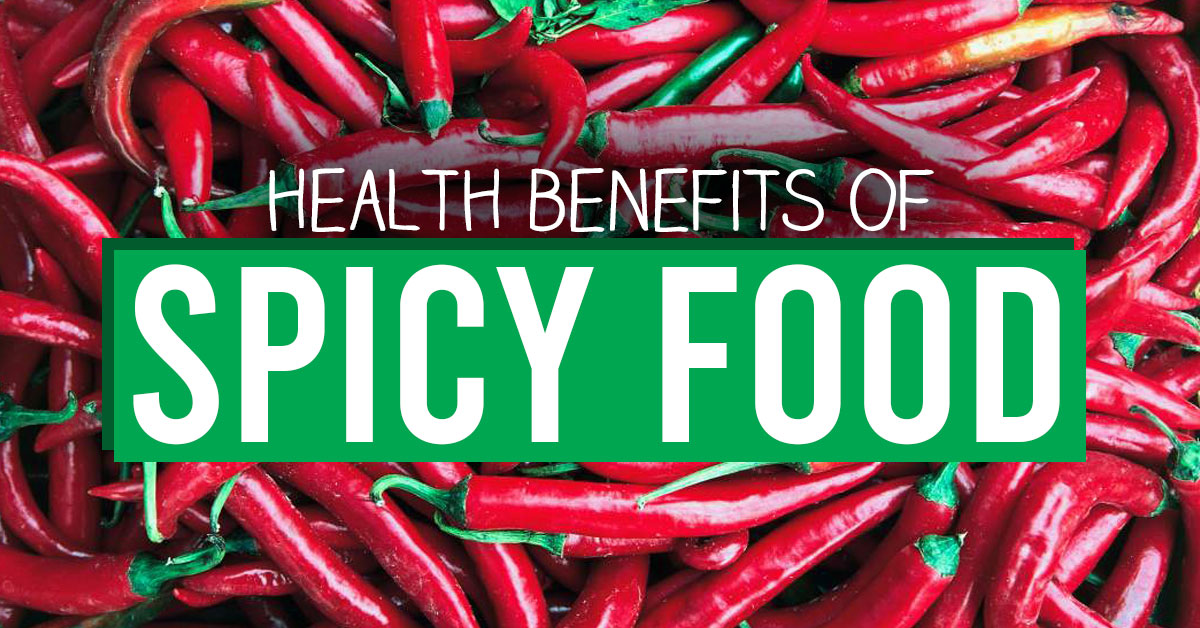A little spice could be twice as nice – for your health that is!
Studies completed in recent years on spicy vegetables and cooking spices have indicated a positive correlation towards longer lifespans, improved blood pressure, and more.
Spicy Foods vs Cooking Spices
Hot foods are not for everyone, but there are plenty of spices that are not near as hot as a chili pepper but that can still make for positive alternatives in your cooking.
Spices like turmeric are bitter, with just a hint of spice, something many of the pickiest eaters can even manage. Turmeric has its own slew of health benefits – as do many cooking spices. If you cook with salt, replacing it with spices instead poses a health benefit for the simple reason that you are consuming less salt as a result.
It is difficult to precisely define the impact of spicy food because each person’s diet and overall lifestyle vary so significantly.
In 2015 a Harvard professor helped co-author a study that accounted for lifestyle factors (age, gender, education, diet, etc.) to isolate spicy food’s role in overall health. Those that ate spicy food at least once per day had a 14% lower risk of premature death than those who ate spicy food once a week.
How do Spicy Foods and Peppers Benefit Your Health?
Spicy foods and peppers contain capsaicin, an ingredient that can improve metabolism and digestion.
Capsaicin is part of the reason spicy food is so spicy. It is the ingredient that raises your body’s core temperature, which in turn allows your body to burn calories faster. Additionally, studies have shown that people consume fewer calories after eating spicy foods than they would after eating bland food.
In regard to digestion, spicy food helps increase your digestive fluids and speed up the entire digestion process.
Chili peppers are a particular spicy food of interest because of their heart-healthy benefits and ability to help reduce your LDL cholesterol. In addition to this, the Vitamin A and C in these peppers can strengthen your heart muscles.


